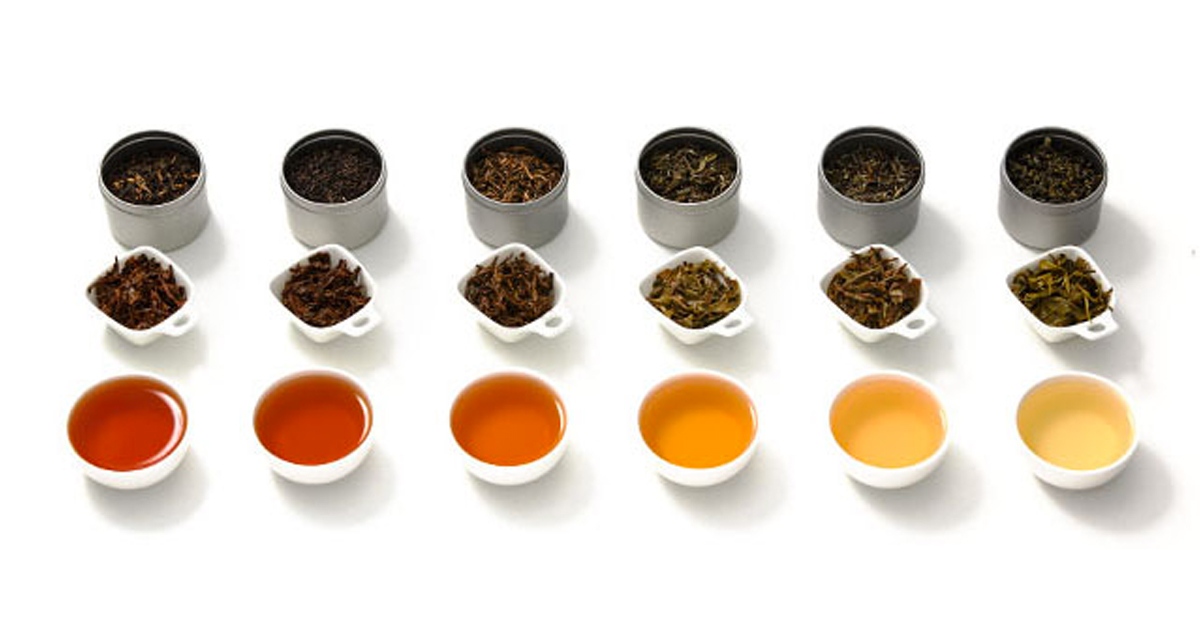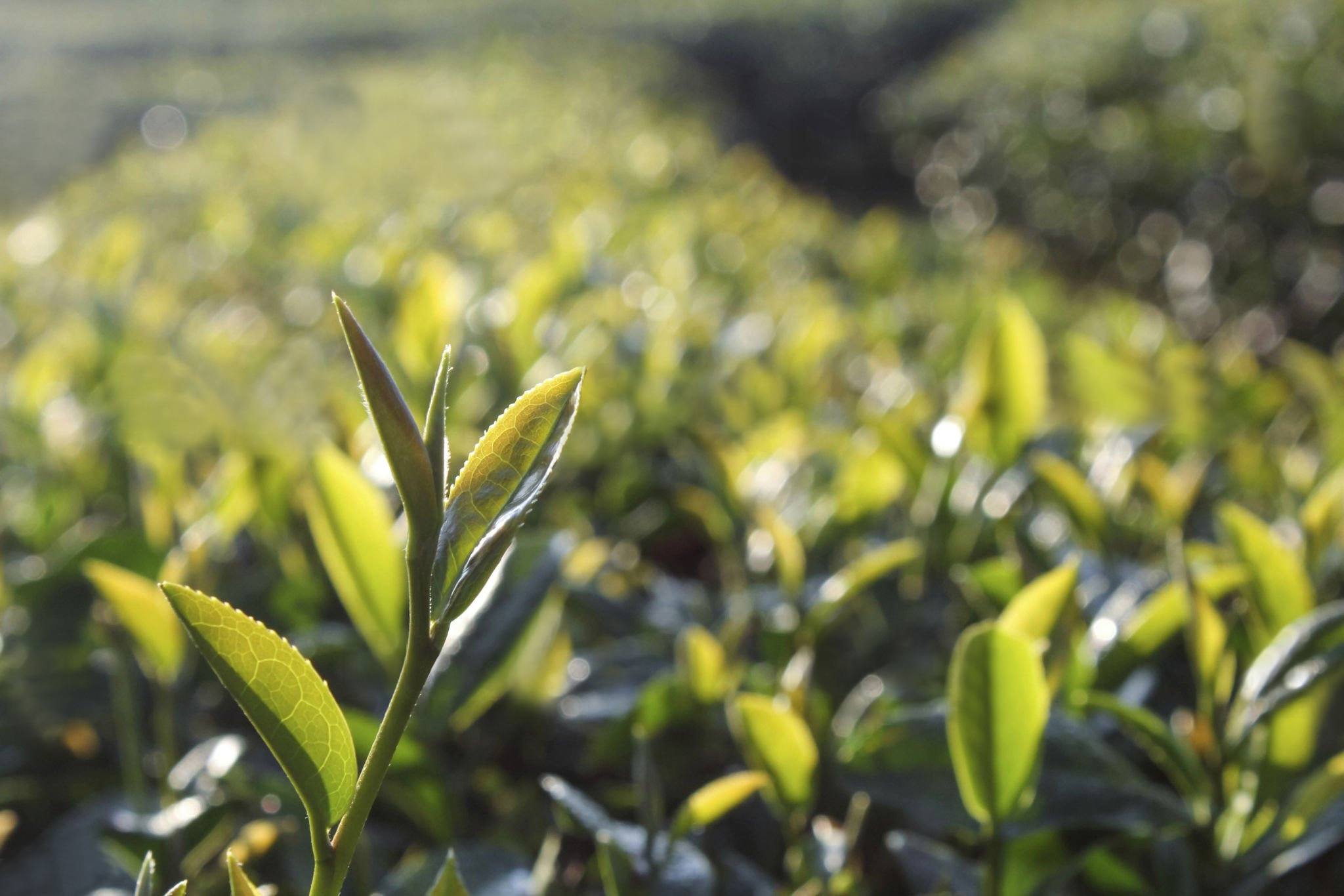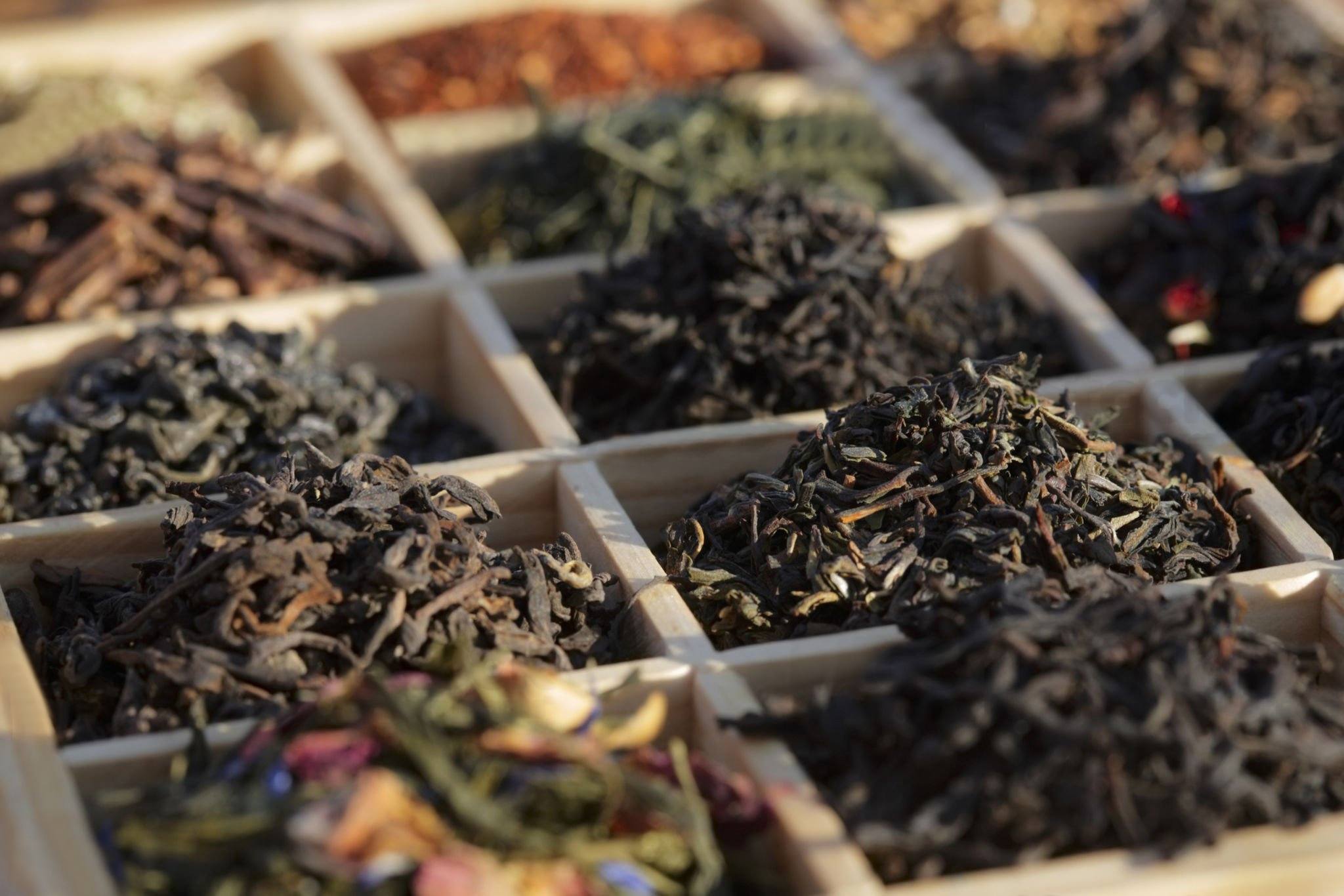European Union has commended the Tea Research institute of Tanzania (TRIT) after their first release of improved tea variety last year after 100 years, saying it is certainly the testimony of the success and commitment of this institution.
Some of the newly released clones achieved excellent black tea brew quality (381/5 has excellent quality of black tea similar to standard clone 6/8). Others have moderate quality but well acceptable by most tea testers. The clones have demonstrated the high ability to tolerate drought stress -- especially clone 430/63.
Speaking during his visit to the Trit’s Ngwazi Tea Reaserch Station in Mufindi District, Iringa Region, The European Head of Delegation in Tanzania,
Ambassador Filiberto Sebregondi said: “We trust that efforts in developing new varieties, infrastructures and capacities under this project will translate into concrete opportunities for business development, leading to increased incomes and better lives.”
Sebregondi also laudedTRIT on the work accomplished so far and encourage them to keep fulfilling their mandate: continue supporting tea producers through appropriate, cost effective, high quality research and technology transfer to ensure the competitiveness and sustainability of the Tanzanian tea industry.
“We, in the European Union, are aware that supporting your agricultural sector has been essential in our economic and social development. Supporting the women and men working on Tanzania's land will be essential to unveil the country's full potential, and we are ready to stand by you in this effort.”
However, Tea growers in the country stand to benefit from the four newly improved clones released by the Tea Research Institute of Tanzania (TRIT) last year.
The Tea Research Institute of Tanzania (TRIT) will produce about 1 million tea plants so as to uphold the quality of the recently improved clones which were released by the institute through the support of European Union (EU).
TRIT Executive Director, Dr Emmanuel Simbua, said the one million tea plants will be generated from a tea nursery rooting centre that is located at the Ngwazi Tea Research Station.
Dr. Simbua also said the aim of conducting a tea nursery rooting centre is to maintain the quality of the clones so as to ensure farmers are planting the researched tea clones.
“Tea Research Institute of Tanzania has good strategies to ensure that all tea growing districts are getting the newly improved clones. That’s why we have prepared the tea nursery rooting centre to generate enough tea plants for our farmers,” he said.
He said the Institute aims to support the development of both small and large scale producers through appropriate, cost effective, high quality research and technology transfer, to ensure the sustainability of the industry.
Speaking in an exclusive interview with The Guardian at Ngwazi Tea Research Station in Mufindi District, Iringa Region last year, TRIT Head of Crop Improvement Programme Solomon Msomba said the clones were identified and selected among 30 tested ones from the clonal adaptability Trial (CAT).
According to Msomba, the trial was conducted between 2005/06 and 2011/12 at four locations which represent the key tea based agro-ecological zones. These include Ngwazi Tea Research Station (NTRS) in Mufindi District, Ilenge site in Rungwe District in the Southern Highlands and Marikitanda Tea Research Station (MTRS) in the Usambara Mountains.
“The four clones are 301/5, 381/5, 303/178 and 430/63, whereby their superiority was based on parameters such as high yields of made tea (mostly out-yielding the comparable commercial clone by up to 23 percent (301/5)). The average yield for smallholders is in the range of 900 to 1000 kilogramme of made tea per hectare per annum,” he said.
“All four new clones have proved better than smallholder yield performance,” he said.
He underscored that other clones are moderately tolerant to drought stress and have the ability to withstand pest infestation such as helopeltis which is common during the dry season, especially at Ilenge in Rungwe District.
“The released clones have demonstrated vigorous growth during the early stages in the nursery under cool temperatures of 430/63,” he said.
“These characteristics are very important for adaptation of tea cultivars. Changing weather and climate patterns have rendered some of the areas which supported productive tea cultivation unsuitable hence the need for well adapted improved tea cultivar,” he went on to say.
The released clones will offer a rare opportunity for Tanzanian tea farmers to increase productivity while being assured that their tea gardens will survive adverse growing conditions,” he observed.
In order to speed up the distribution and absorption of these clones by farmers, TRIT has embarked on the establishment of satellite mother bush plots at various representative tea growing areas, he said.
The plots will conveniently enable both smallholders and large tea growers to easily and adequately access the required propagating material (cuttings), he added.
He noted that the strategy is complemented by a persistent campaign to create awareness on the potential and availability of these materials to all tea stakeholders for wide adoption.
On record, the official release of the clones marks the first ever release of improved tea clones since the introduction of tea crop in the country during the early 1900s.
- +255 (0)754 886 996
- tritdsm@trit.or.tz
EU lauds TRIT for improved tea variety after 100 years
Jun 26, 2015


